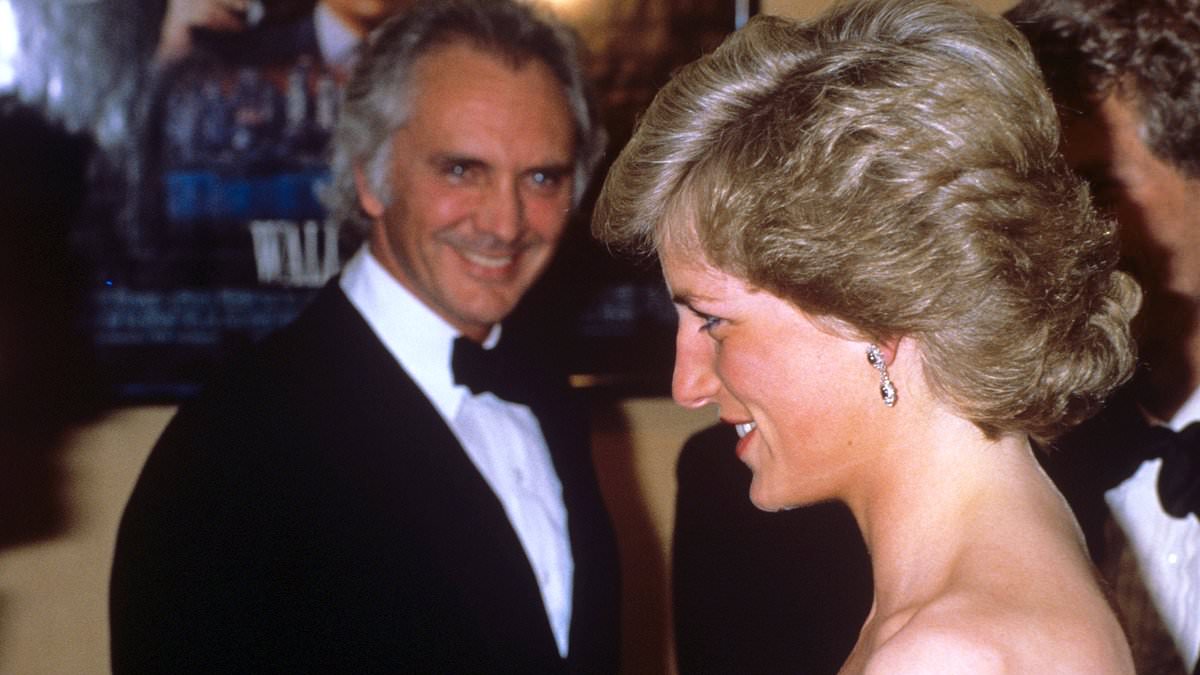
Terence Stamp was once hailed as one of the most stunning men to grace the silver screen. With his piercing blue eyes, cherubic blond hair, and chiseled symmetry, his debut performance in ‘Billy Budd’ left critics captivated, earning him an Academy Award nomination and a Golden Globe.
From East End Roots to Cinematic Fame
Born in the East End of London, Stamp’s journey to stardom began in humble surroundings. His striking looks and natural talent caught the eye of legendary director Peter Ustinov, who cast him in the title role of Billy Budd (1962). Sharing a London flat with fellow aspiring stars like Michael Caine, the young Stamp quickly leapt into the limelight.
However, his meteoric rise was coupled with an emotional turbulence that eventually defined both his career and personal life. His relationship with models-turned-icons Jean Shrimpton and Julie Christie painted him as a quintessential figure of Swinging Sixties London, though his hesitancy to commit often ended in heartbreak.
Careers Shaped by Key Decisions
While his contemporaries made definitive career moves, Stamp’s second-guessing sometimes led him to miss pivotal opportunities. Rejecting the lead role in Alfie, he opened the door for close friend Michael Caine to achieve superstardom. Similarly, his apprehension about his singing abilities cost him the role of King Arthur in Camelot, a decision he regretted for decades.
Despite notable performances in films such as The Collector (1965) and Far From the Madding Crowd (1967), Stamp’s career began to falter by the late 1960s, driving him to leave the industry and embark on a global journey of self-discovery.
A Spiritual Awakening and Role of a Lifetime
Leaving the allure of Hollywood, Stamp explored spiritual practices across India and the Middle East. Deeply drawn to meditation, tai chi, and the teachings of Bhagwan Shree Rajneesh, he opened a new chapter of his life focused on self-awareness and holistic living.
Eventually, fate brought him back to cinema with a telegram bearing two offers: a role opposite Marlon Brando in Superman (as the menacing General Zod) and another film about mystical teachings. Superman proved a commercial triumph, solidifying Stamp’s status as an enigmatic and enduring on-screen presence.
Advocate for Health and Longevity
An advocate of vegetarianism and whole foods, Stamp published a series of cookbooks inspired by his lifestyle. Embracing a simpler existence, he shifted from Hollywood’s spotlight, taking roles selectively and without concern for their commercial success. His portrayal of a drag queen in The Adventures of Priscilla, Queen of the Desert showcased his playful willingness to challenge societal norms.
Through a turbulent love life, strained friendships, and career ebbs, Stamp remained deeply committed to exploring life’s bigger questions. While he never achieved the sustained stardom of some of his peers, his timeless charm and magnetic aura cemented his legacy in Hollywood’s golden archives.
Reflection and Legacy
Terence Stamp’s life was one of significant highs and introspective lows, encapsulating the very spirit of 20th-century cinema and culture. From his early days with icons like Julie Christie and Michael Caine to his spiritual rebirth in India, his journey was anything but ordinary. “Nothing changed. We just got older,” he once lamented about the unfulfilled potential of the 1960s. Yet, for fans and admirers, the grace and mystique he carried remained timeless.






